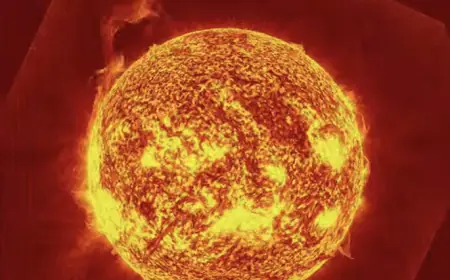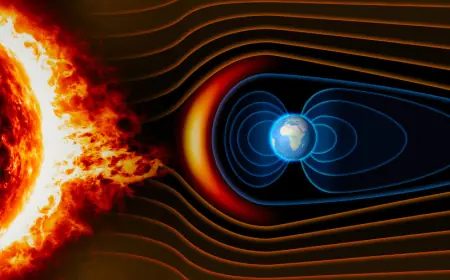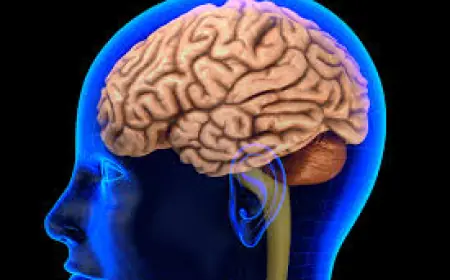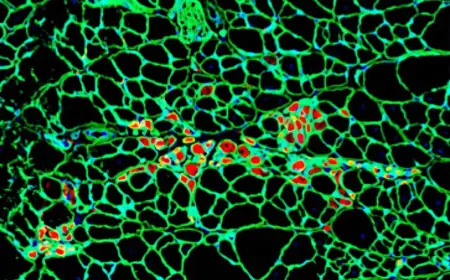Scientists reveal the secret of high intelligence
Cell Reports: high intelligence is linked to the brain’s ability to build internal maps
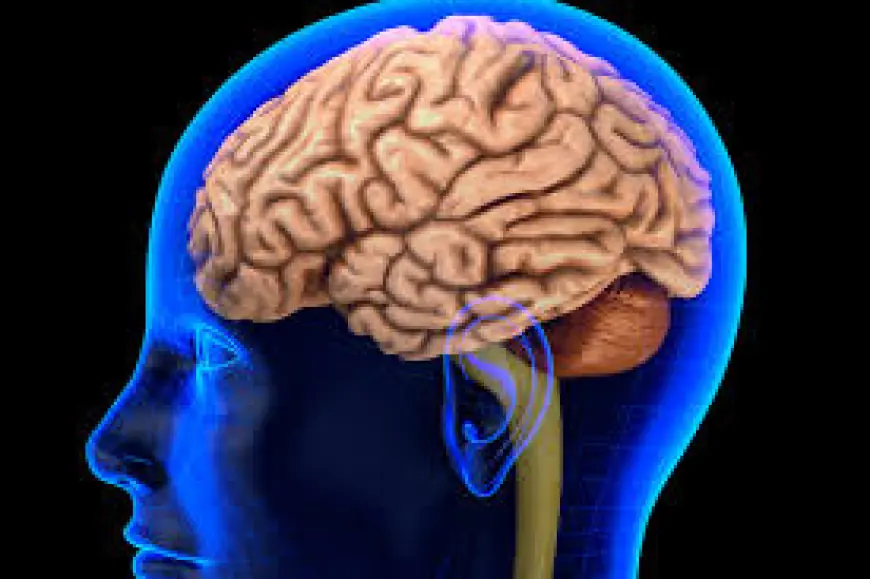
People with stronger reasoning skills are better at forming internal maps that represent how objects are arranged in space. This conclusion was reached by neuroscientists from the Max Planck Institute for Human Cognitive and Brain Sciences. The study was published in Cell Reports.
The researchers showed that a key feature of intelligence may depend on how the brain encodes relationships between different elements of experience — particularly through the activity of the hippocampus, a region responsible for memory and spatial orientation.
In the experiment, participants learned to remember the positions of objects in a virtual environment. After several training sessions, they could almost perfectly recall where each object was located. Using functional MRI, the scientists recorded hippocampal activity and found a pattern:
the higher the level of fluid intelligence (the ability to solve new problems and detect patterns), the more strongly the brain represented distances between objects — as if creating a mental map.
This relationship persisted even after accounting for memory performance and task accuracy. In other words, intelligence depended less on how much information was memorized and more on how the brain structured relationships between pieces of experience.
“Our findings suggest that intelligence may rely on the ability to integrate separate pieces of information into a unified cognitive structure that supports flexible thinking and decision-making,” said study authors Rebecca Tenderra and Stefanie Teves.
According to the researchers, the hippocampus functions not only as a memory archive but also as a center that organizes knowledge into structured frameworks. This ability helps people adapt quickly, solve new problems, and draw conclusions from incomplete information.
The team now plans to test whether this effect applies to other types of relationships — not just spatial, but also logical or conceptual — and to explore how such mechanisms develop with age.

